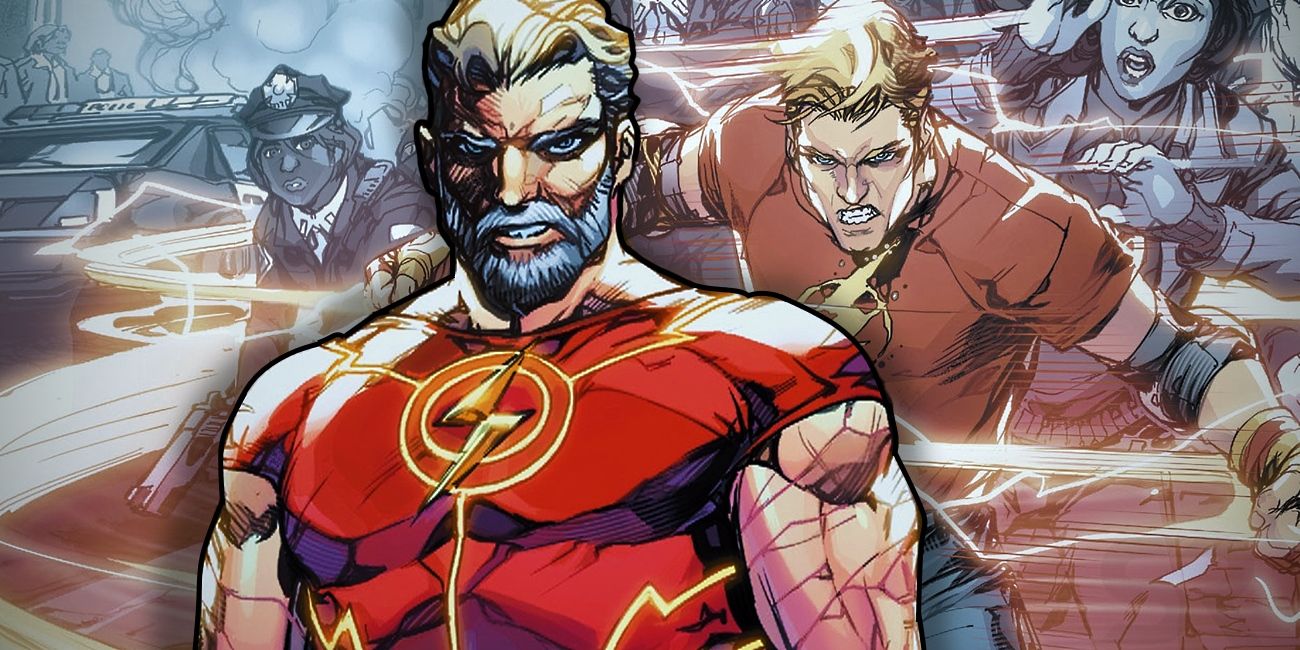

Then, list down the the major components of the story.

I once wrote a short story revolving a handicapped girl, and the focus of the story is how her friend helped her overcome her PTSD over the loss of her father and ability to walk by showing her just how beautiful the ocean can be (she lost both of them due to an incident at the sea). The important thing to remember when making short stories is to focus only on one conflict.įirstly, pick a topic you want to talk about be as specific as you can. Additionally, it gives you the chance to familiarise yourself with the basic story graph (intro -> uphill -> conflict -> peak -> downhill -> resolution -> conclusion). They short-thus doesn't take a lot of time-but could be more impactful than a hundred page series. In fact, my first two comics I was actually serious about were one shots. It's over a minute but there is a pared down 30 second version I just wanted to show it complete.įlash fiction comics/one shots are definitely a good practice material. Here's one of my current favorite commercials. Sure they're selling a product, but often they will have mini-story arcs and tell a story in 30 seconds. I think a good example of flash fiction in a visual sense are commercials you see everyday on TV. The main character smiles as well, happy to have lifted the ill's spirits for at least a little bit. They sit by their bed, start reading or interacting with whatever item it is, and the ill person smiles a little. They find something the ill person likes, like a book, bring it back to the ill. I'm picturing shots of the ill person in bed, looking weak, main character getting frustrated and leaving the bed to go outside. Instead of someone saving a sick person (which could end up as a full-length quest), you could have the character cheer up the ill. I'll use one of the examples you posited. To make really short comics, you really have to pare down the plot and character arc.


 0 kommentar(er)
0 kommentar(er)
